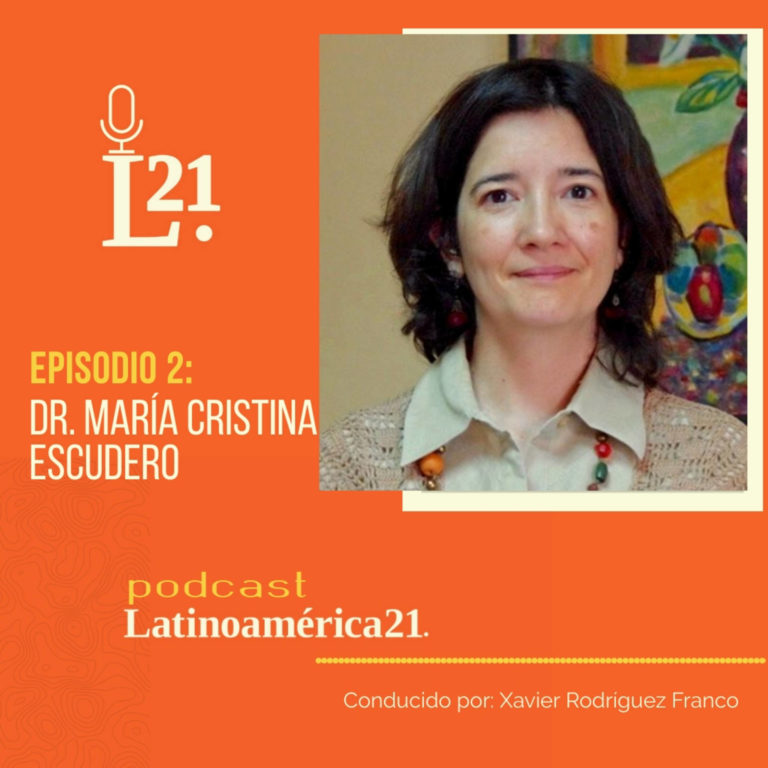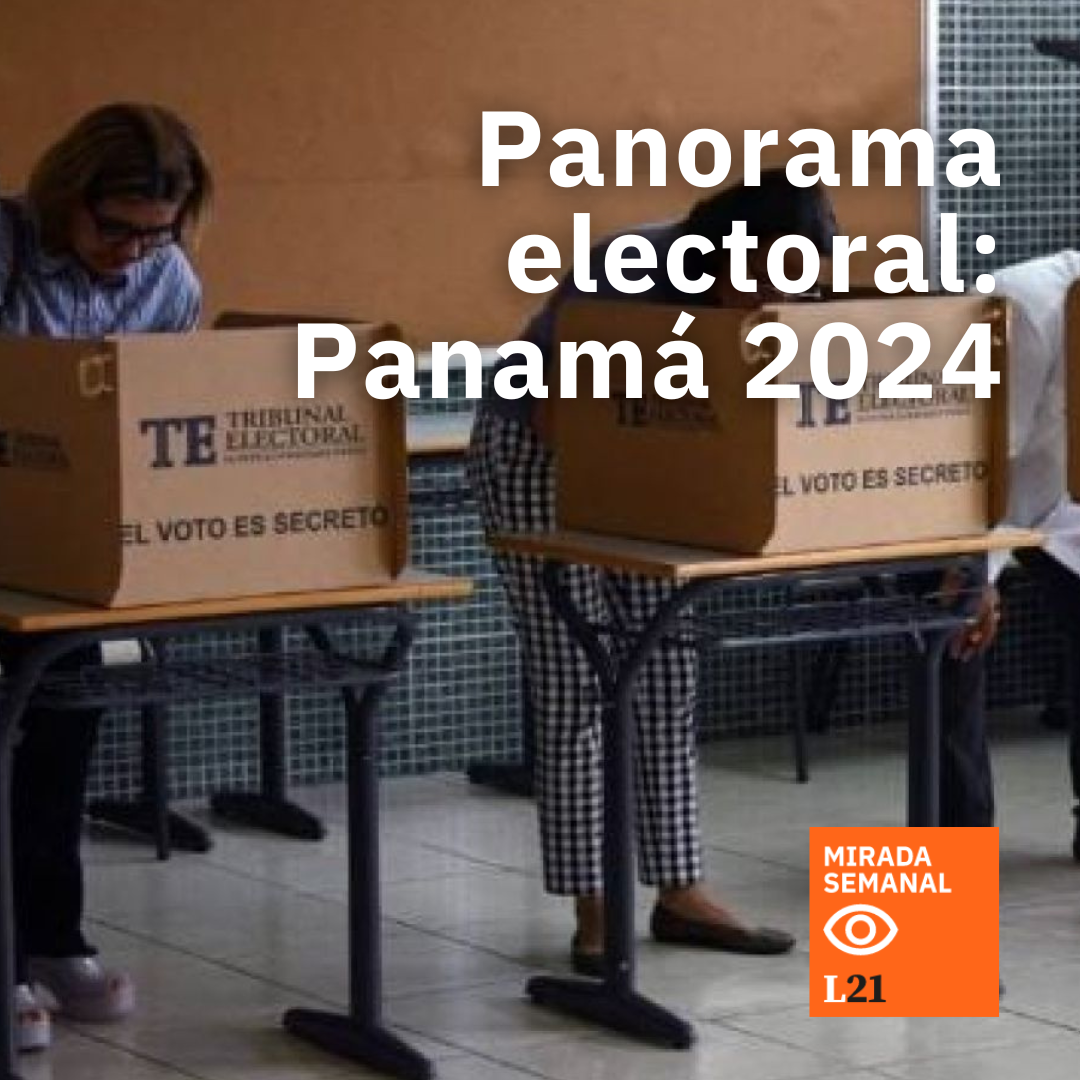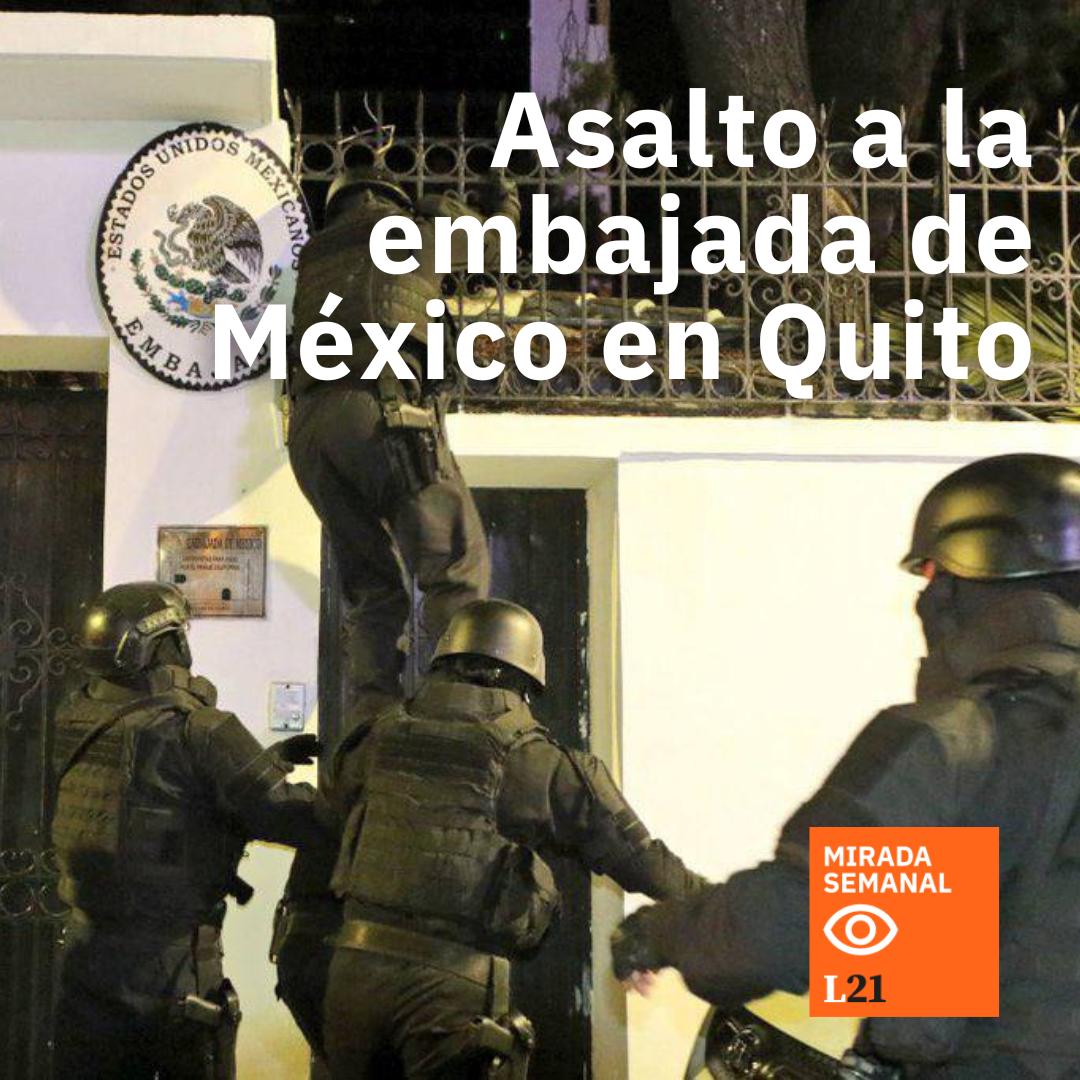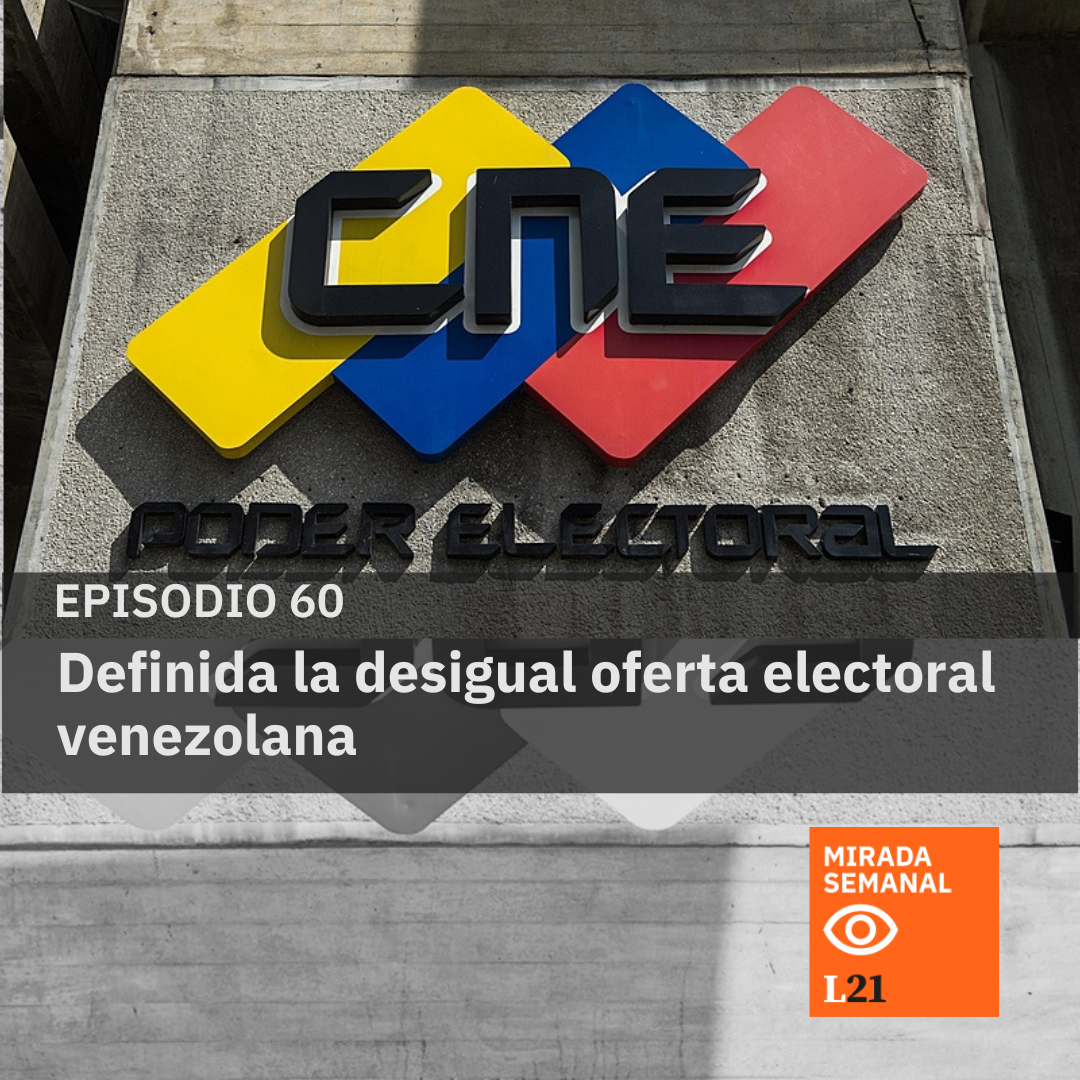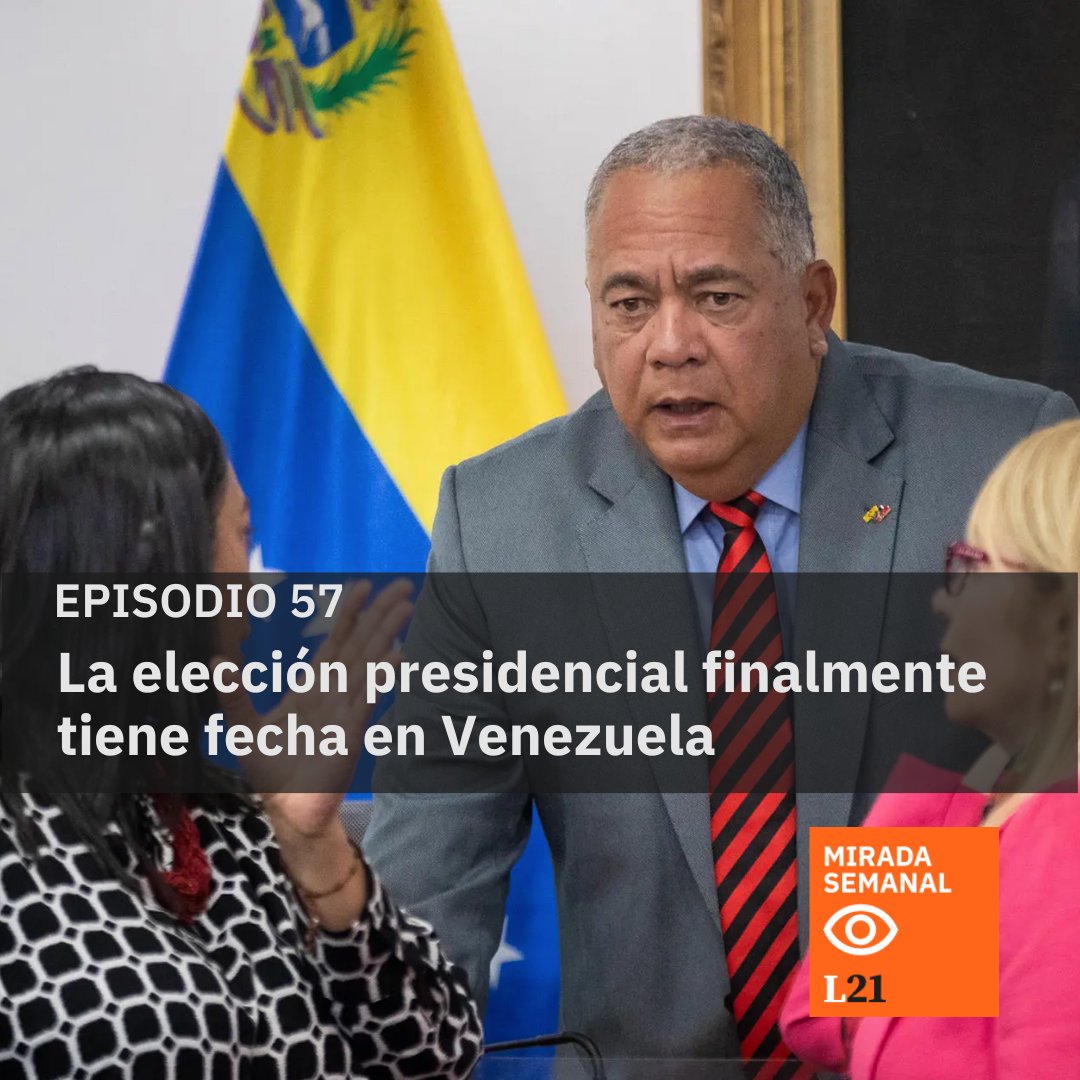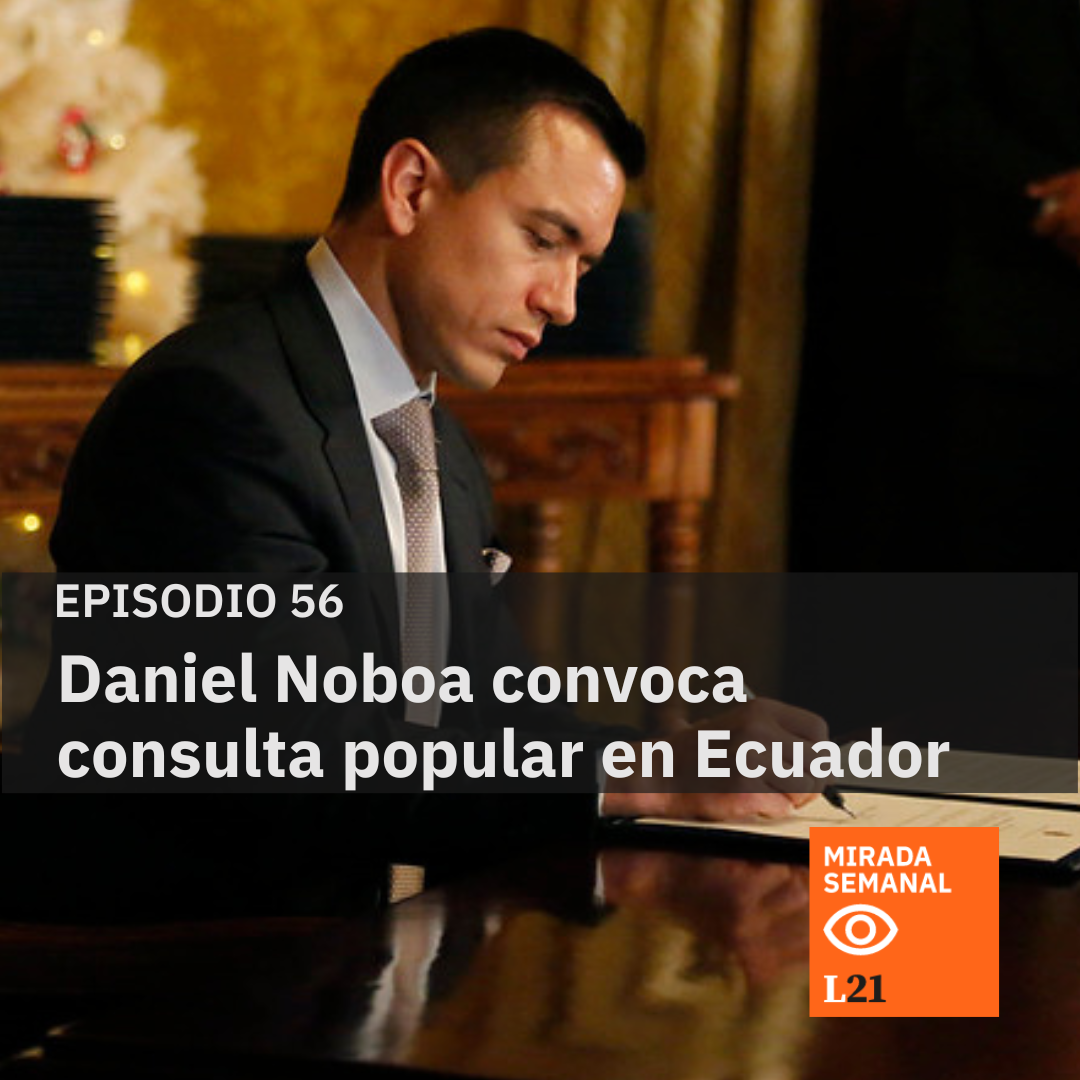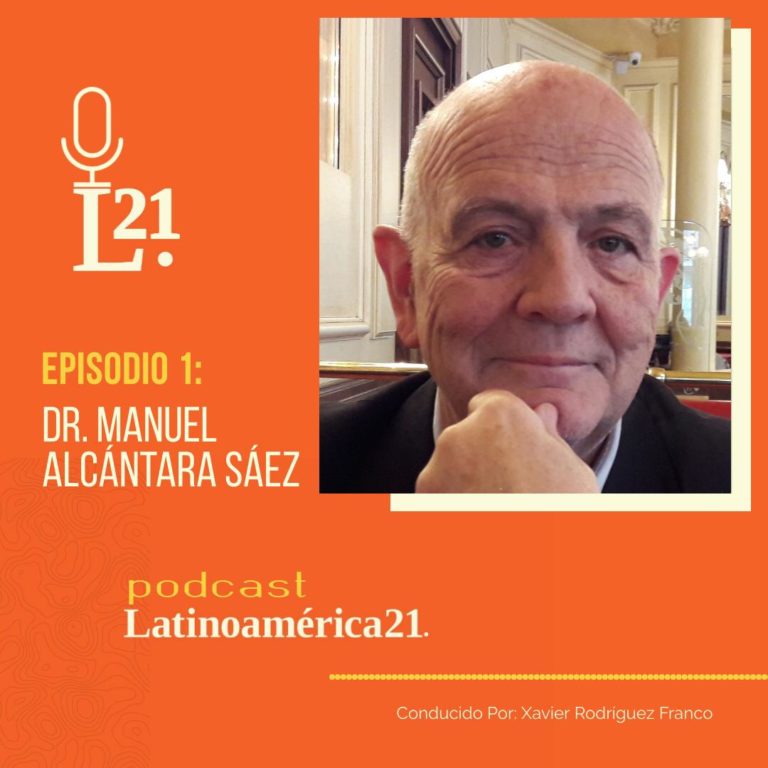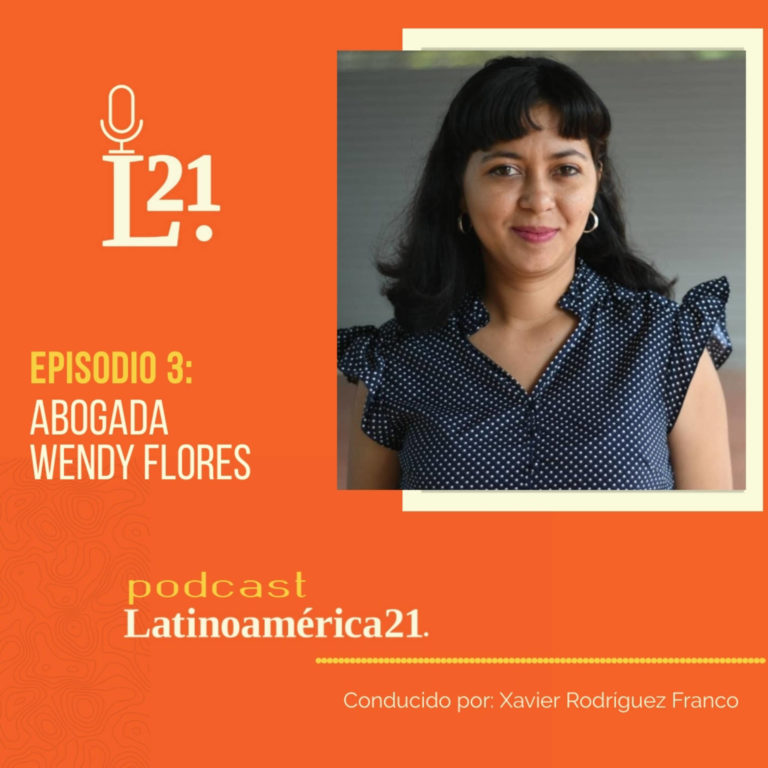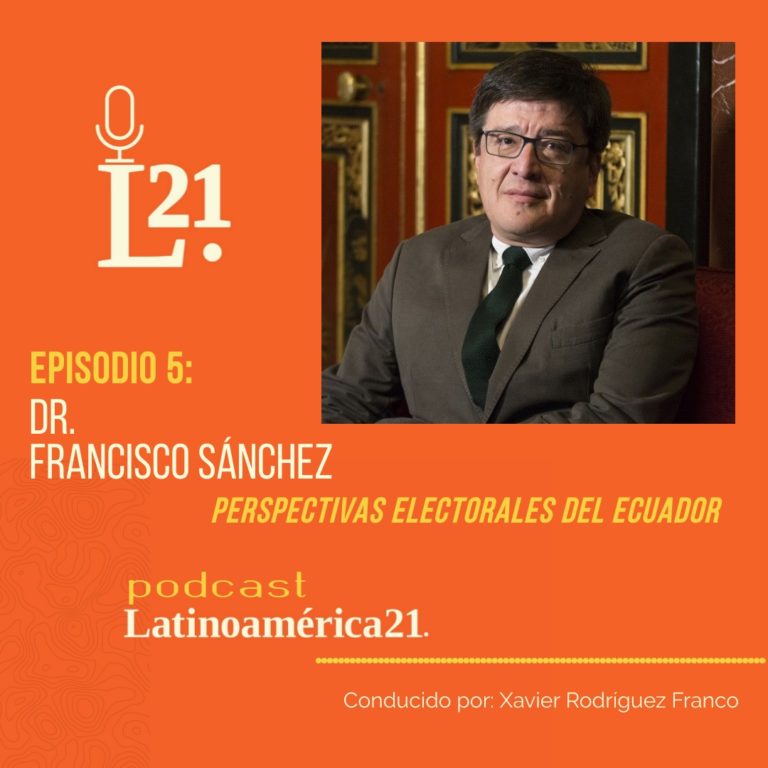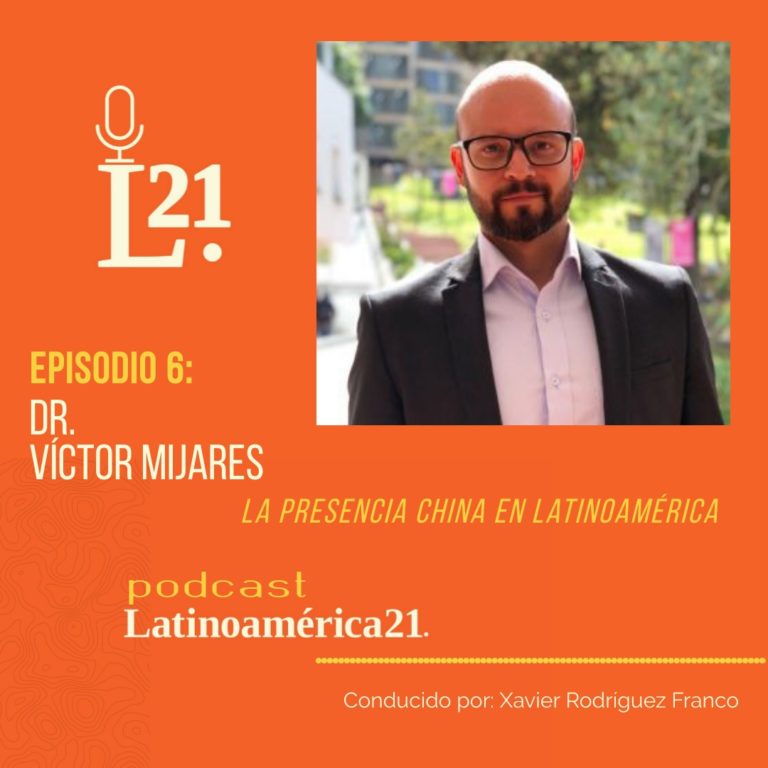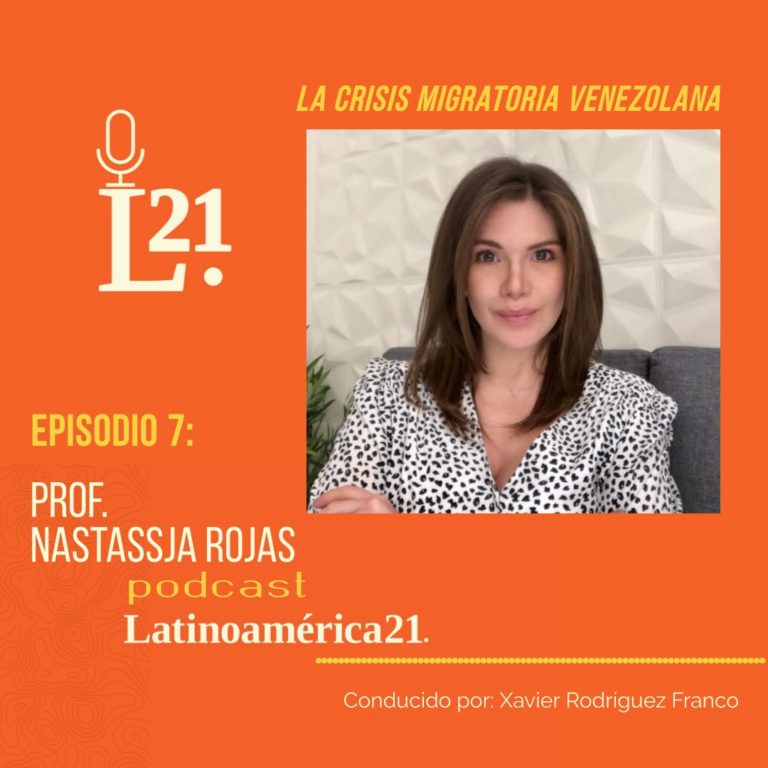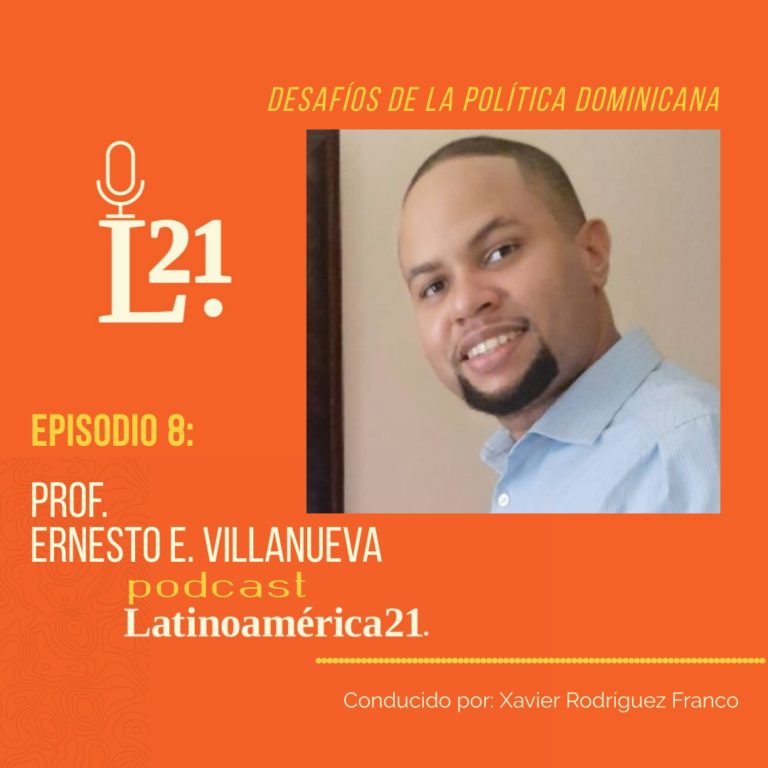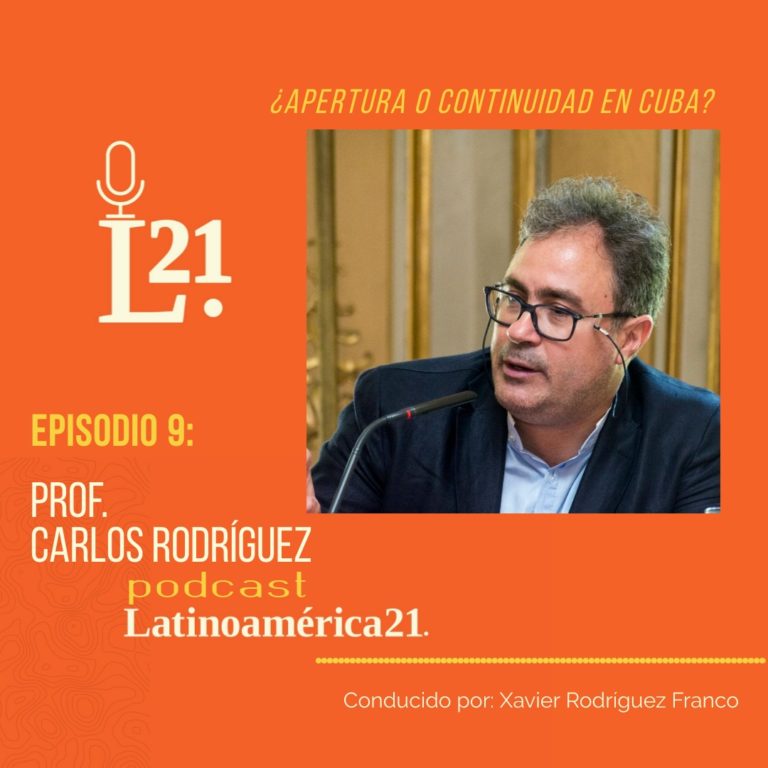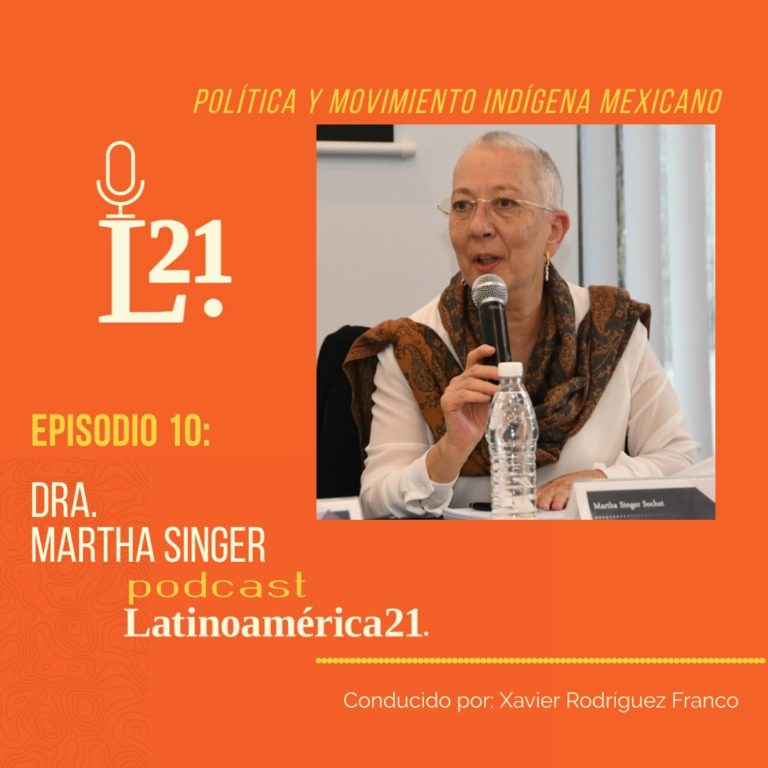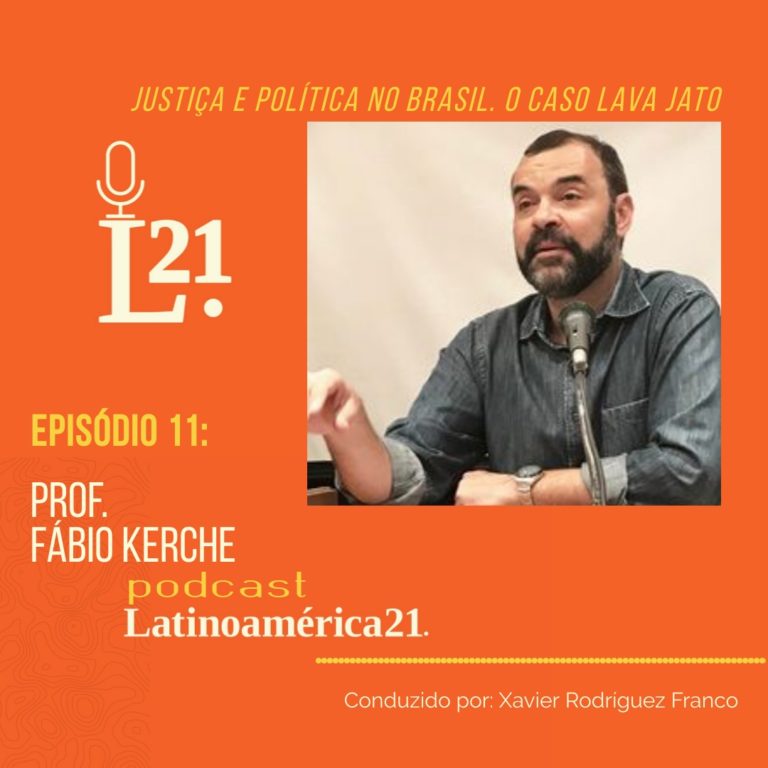
Entrevista a la Dra. María Cristina Escudero |2do episodio.
En este segundo episodio dirigimos nuestra mirada al sur del continente, para examinar el clima de deliberación constitucional que vive la sociedad chilena. En esta oportunidad nos acompañó la profesora María Cristina Escudero, quien nos ayudó a comprender los antecedentes, actores y propuestas de este complejo proceso de reforma.
Dinámica particular en la que no ha habido un actor dominante condicionando el proceso, sino que a pesar de la desafección política y las tensiones sociales, actores tradicionales y emergentes han participado de forma decidida. A partir de lo cual determinará la redacción de la nueva constitución chilena del año 2021
La entrevistada
La invitada a este episodio fue la abogada y Doctora en Ciencia Política por la Pontificia Universidad Católica de Chile. Asimismo, Máster de la Universidad de Georgetown. Cabe destacar también que para el año 2016 fue integrante del Comité de Sistematización del proceso constituyente de aquel año. Participando también en la Mesa Técnica del Congreso para el proceso constituyente de 2020.
Si bien, se toman como referencias de análisis comparado las experiencias de reforma constitucional en Venezuela, Ecuador y Bolivia, ciertamente se destacan los elementos distintivos del caso chileno. De modo que la sociedad chilena recibe este 2021 en un clima de deliberación pública, no libre de tensiones, incertidumbre y desafíos, pero en el que los distintos segmentos de la sociedad tienen la posibilidad de construir un marco constitucional que termine definitivamente de aquellos enclaves autoritarios de su pasado antidemocrático.
Lo cual podría contribuir a superar el grave clima de violencia del 2019 y que en este proceso de ampliación y relegitimación del sistema político, se consiga preservar la pluralidad y el resarcimiento social. Así como también todos aquellos elementos que le han permitido el progreso macroeconómico y los inocultables estándares de desarrollo que han tenido en los últimos años.
Otros episodios:
Claves para entender el entorno electoral panameño del 2024
Asalto a la embajada mexicana en Quito. Expresidente Uribe se enfrenta a la justicia colombiana. América Latina en el Bertelsmann Transformation Index
El Rolexgate: nuevo escándalo político en Perú. El asesinato de Gisela Gaytán en México. Protestas contra las medidas de Milei.
Definida la desigual oferta electoral venezolana. Visita de Bernardo Arévalo a los EEUU. Gira brasileña de Emmanuel Macron.
60 años de aquel Golpe de Estado que aún hoy divide a Brasil
República Dominicana endurece la seguridad en la frontera con Haití. La posición de Latinoamérica en el Democracy Report 2023 (V-Dem). Rechazo parlamentario de la reforma a la salud en Colombia.
La elección presidencial finalmente tiene fecha en Venezuela. Definida la oferta electoral de 2024 en EEUU. Haití asfixiada en el caos pandillero.
Daniel Noboa convoca referendo en Ecuador. Escenario pre-electoral panameño. Reacciones a la confirmada inelegibilidad de Bolsonaro
Antony Blinken visita Brasil y Argentina. Latinoamérica en el Democracy Index 2023. Gira europea del Presidente guatemalteco Bernardo Arévalo
Protestas y pugnas políticas en Bolivia. La DEA investigaba la financiación de campaña de AMLO. Investigan por espionaje político al hijo del expresidente Bolsonaro
Programa producido y conducido por Xavier Rodríguez Franco





